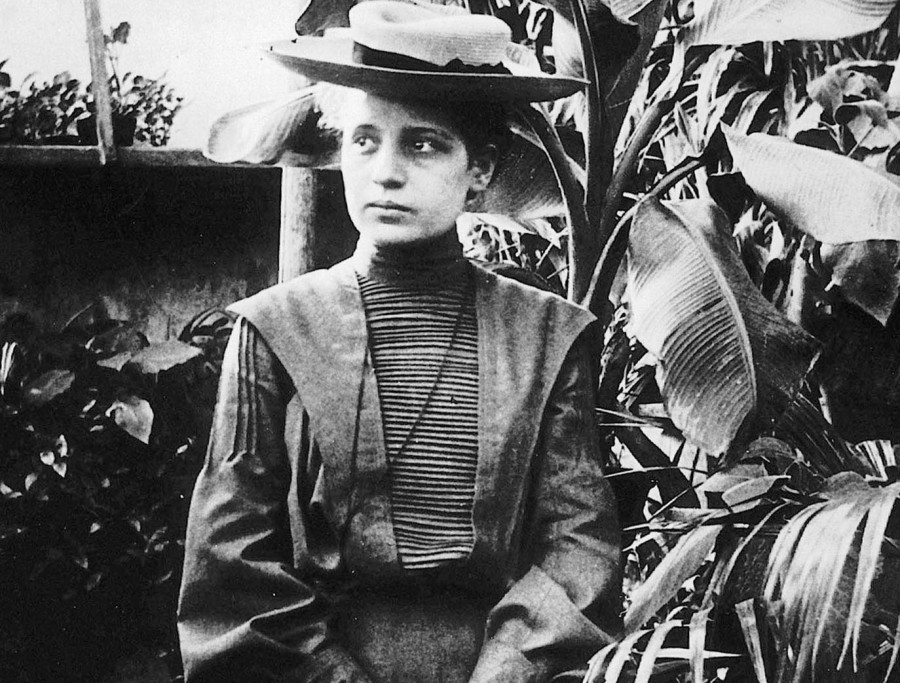Entertainment
A Jewish girl in Hitler’s Germany
It is often said that the flower that grows in adversity is often the rarest and most beautiful of them all.
Salim Maharjan
It is often said that the flower that grows in adversity is often the rarest and most beautiful of them all. There is a great deal of truth in this statement. We all appreciate the beauty of a lotus flower growing in a puddle of mud. In fact, the mud exemplifies its beauty rather than diminishing it.
In our lives too, the same principle holds true. There have been many people who lived through adverse situations, and yet had the courage to grow. In the movie The Shawshank Redemption, one character says, “Some birds are not meant to be caged, their wings are just too bright.” There have been many such birds throughout history. One of them is Lise Meitner, a great physicist of her time, whose life is itself testimony of how we can find inspiration even in the most adverse of situations.
Lise Meitner was very shy and humble. Despite her great anxiety, the young doctorate of physics arrived in Berlin to pursue a career in the exciting new field of radioactivity. Berlin during the early 1900s was a great centre for academic research but it did not employ female graduates. But despite this, Meitner was willing to forge her way forward in research. It was a difficult time initially, as conservative gender stereotypes bound her from reaching the heights she had hoped for. Luckily, in her university, she formed a close friendship with a chemist, Otto Hahn, with whom she would later work together for nearly three decades. For her, that journey would be marked by great success, at times betrayal and sadness, but most importantly, she would go on to leave behind a great legacy.
Meitner’s initial steps in the world of research were not great. She was forced to work in a small woodshop instead of a laboratory. She was not provided with the special equipment necessary to perform radioactive research, due to which she was forced to focus more on theoretical aspects. It took many years before she finally got to shine amid all those hardships. She later moved on to the brand-new Kaiser Wilhelm Institute where she finally gained the respect she deserved. She became the first woman ever to hold the position of professor in Germany.
But Germany in the 1930s was not a safe place, especially if you were a Jew, as Hitler’s campaign of persecution of Jews had started. Meitner was initially protected by her Austrian citizenship but in March 1938, Austria was annexed by Germany. At that point, her situation became untenable. The fear of the Nazis in one hand and leaving her research work on the other, everything seemed to be falling apart for her. In July 1938, a Dutch colleague took Meitner back with him to Holland despite a great risk of being caught.
The Nazis took everything from her—her home, position, books, salary, pension and even her native language. She was cut off from her work just at the time when she was leading the field and was on the brink of a major scientific discovery. Despite all this, she was still thinking about physics and her research. Amazingly, she and Hahn were still able to collaborate through letters. It was during these exchanges that she learned about the strange phenomenon and results Hahn had been getting in his research laboratory back in Berlin.
Her love and devotion towards research held so much power that she solved the mystery during a mid-day walk in the snow with her cousin Otto Frish. She discovered the phenomenon we now call nuclear fission. Her amazing theoretical gift was something that the lab in Berlin missed. This was a discovery worth the highest honour—the Nobel Prize. But betrayal awaited Meitner. Otto Hahn took full credit for the discovery and barely mentioned her leading role in the discovery of nuclear fission during his Nobel Prize speech.
Despite all of these hardships—mental, gender-based or emotional—Lise Meitner did not lose hope. Even when people tried to bring her down through conservative gender stereotypes, she stood up and prevailed. Amid the atrocities of the Nazis against the Jews, she still had the courage to move forward. She is a source of hope and inspiration to keep moving forward and following one’s passion even in times of great difficulty. Because that is something that sets us apart from the rest.
Maharjan is an undergraduate student at Kathmandu University




 23.11°C Kathmandu
23.11°C Kathmandu










